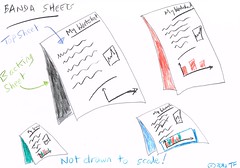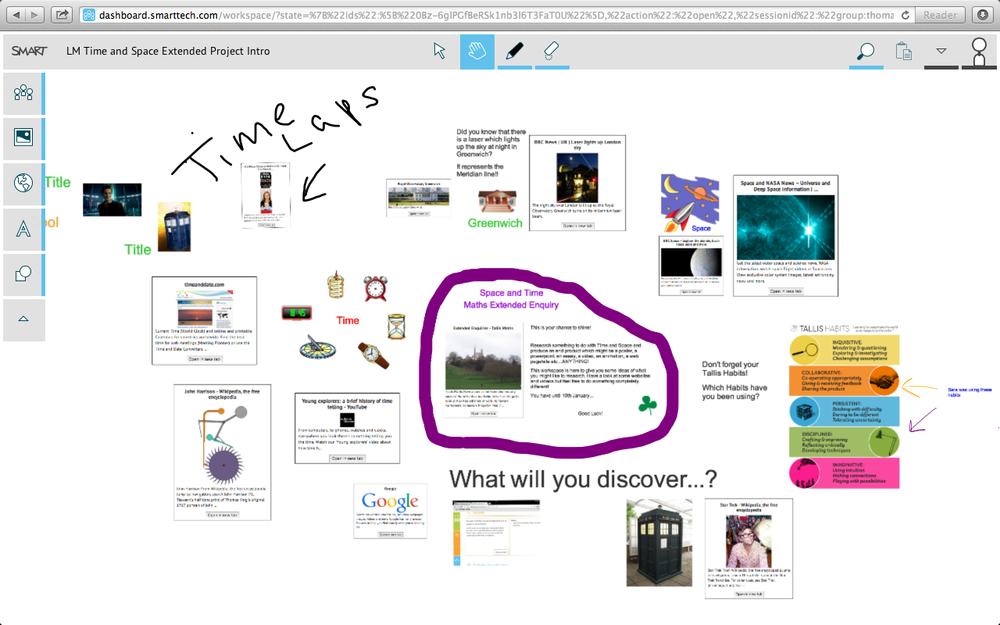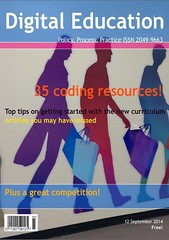 There are literally millions of free media resources for use in education. Theo Kuechel introduces some of them, with suggestions on how they might be used not only within the Computing curriculum but also more generally.
There are literally millions of free media resources for use in education. Theo Kuechel introduces some of them, with suggestions on how they might be used not only within the Computing curriculum but also more generally.
I was delighted to read, via an email from Terry, (our editor), that UNESCO has announced a World Day for Audiovisual Heritage to be held on the 27th of October this year. This timely initiative seeks to draw attention to the urgent need to preserve the worlds audiovisual heritage of film, television and sound recordings. Why this so important is graphically illustrated












